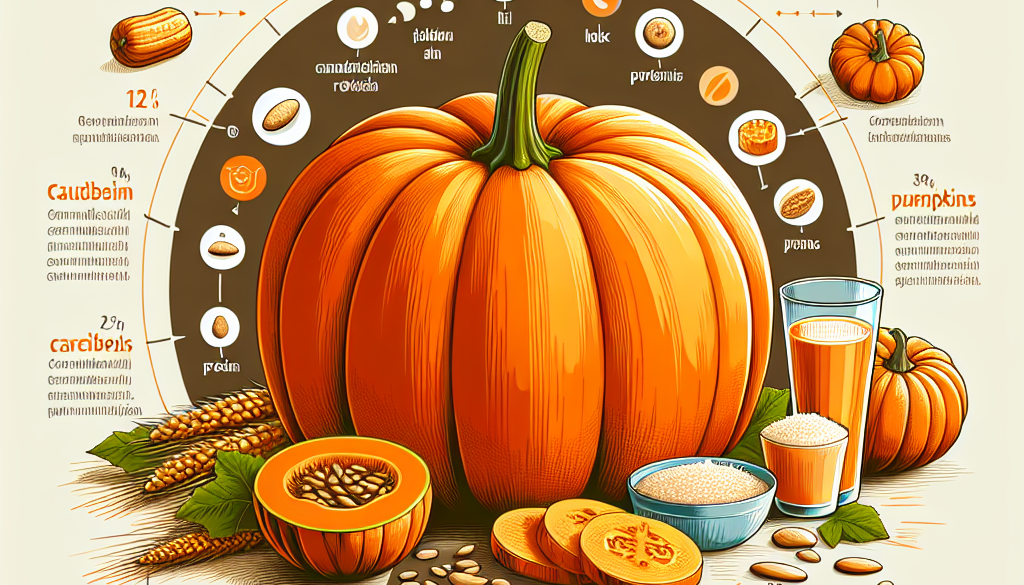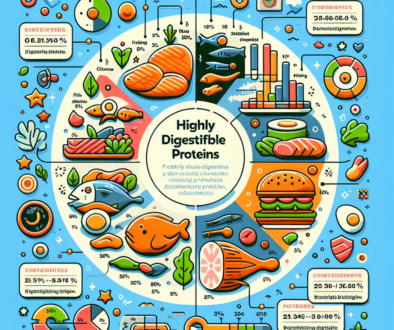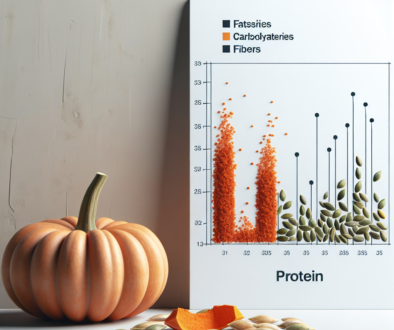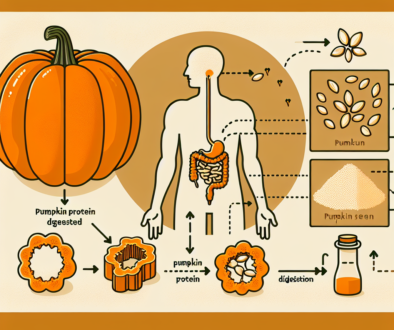Is Pumpkin Considered Carbs or Protein
-
Table of Contents
Is Pumpkin Considered Carbs or Protein?
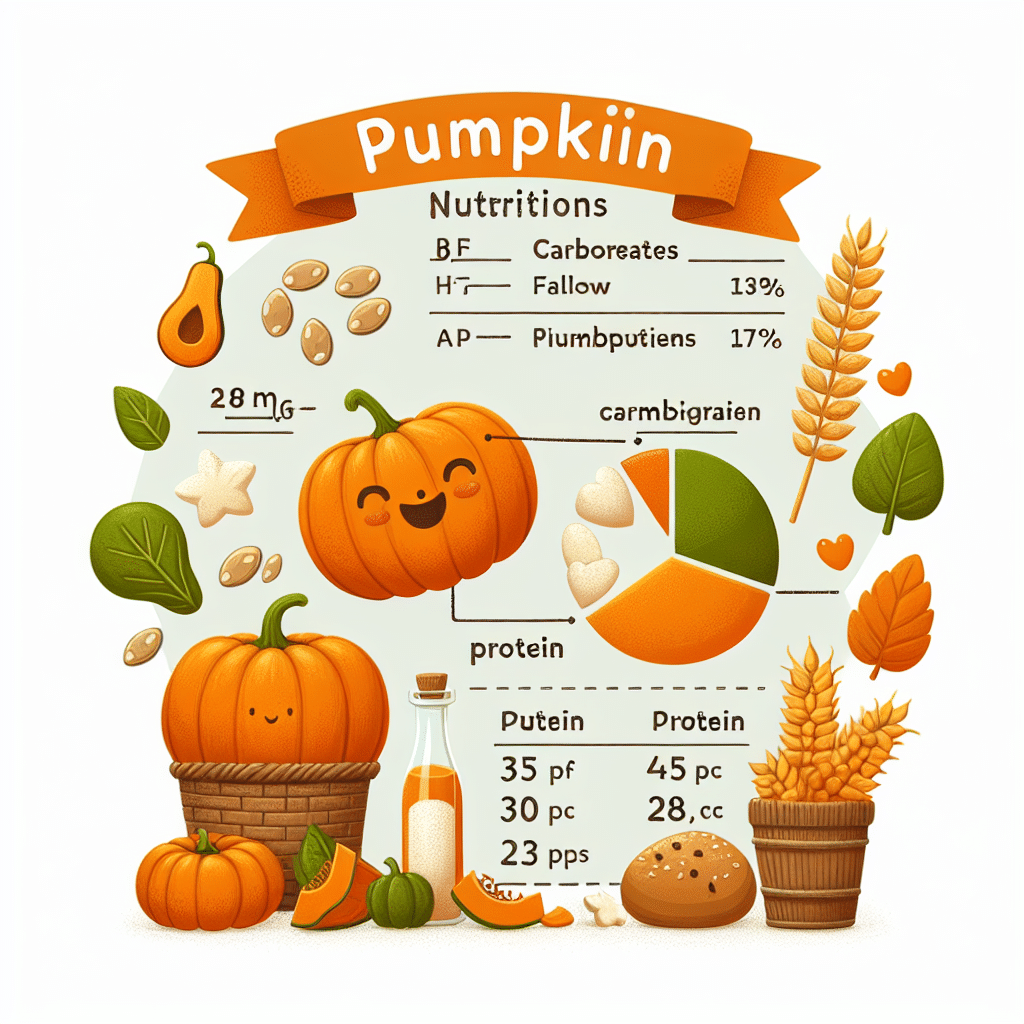
Pumpkin is a versatile and nutritious vegetable that is often associated with fall and Halloween. It is commonly used in various dishes, from soups and pies to smoothies and salads. However, when it comes to its nutritional composition, there is some confusion about whether pumpkin is considered a source of carbohydrates or protein. In this article, we will explore the nutritional profile of pumpkin and determine whether it is primarily a source of carbs or protein.
The Nutritional Profile of Pumpkin
Before we delve into the debate of whether pumpkin is considered carbs or protein, let’s take a closer look at its overall nutritional profile. Pumpkin is a low-calorie vegetable that is rich in vitamins, minerals, and antioxidants. It is an excellent source of vitamin A, vitamin C, potassium, and fiber. Additionally, pumpkin contains small amounts of other essential nutrients such as vitamin E, vitamin K, folate, and iron.
Pumpkin as a Source of Carbohydrates
Carbohydrates are one of the three macronutrients that provide energy to the body. They are found in various foods, including fruits, vegetables, grains, and legumes. Pumpkin, like most vegetables, contains carbohydrates. However, the amount of carbohydrates in pumpkin is relatively low compared to starchy vegetables like potatoes or corn.
According to the United States Department of Agriculture (USDA) National Nutrient Database, 100 grams of cooked pumpkin contains approximately 7 grams of carbohydrates. These carbohydrates primarily come from natural sugars and dietary fiber. The natural sugars in pumpkin contribute to its sweet taste, while the dietary fiber provides numerous health benefits, including improved digestion and blood sugar control.
Pumpkin as a Source of Protein
Protein is an essential macronutrient that plays a crucial role in various bodily functions, including muscle growth and repair, hormone production, and immune function. While pumpkin does contain some protein, it is not considered a significant source of this macronutrient.
According to the USDA National Nutrient Database, 100 grams of cooked pumpkin contains approximately 1 gram of protein. This amount is relatively low compared to other protein-rich foods such as meat, poultry, fish, legumes, and dairy products. Therefore, if you are looking to increase your protein intake, pumpkin alone may not be sufficient.
The Importance of Combining Pumpkin with Other Protein Sources
While pumpkin may not be a significant source of protein on its own, it can still contribute to your overall protein intake when combined with other protein-rich foods. By incorporating pumpkin into meals or snacks that contain protein sources such as lean meats, poultry, fish, tofu, beans, or dairy products, you can create a well-rounded and nutritious dish.
For example, you can add roasted pumpkin cubes to a salad with grilled chicken breast or mix pumpkin puree into a protein smoothie with Greek yogurt and almond butter. These combinations not only enhance the flavor and texture of the dish but also provide a more balanced macronutrient profile.
Conclusion
In conclusion, while pumpkin does contain carbohydrates and a small amount of protein, it is primarily considered a source of carbs rather than protein. Pumpkin is a nutrient-dense vegetable that offers numerous health benefits, including its high vitamin and mineral content. However, if you are specifically looking to increase your protein intake, it is advisable to combine pumpkin with other protein-rich foods to create a well-rounded meal or snack.
About ETprotein
ETprotein, a reputable protein Chinese factory manufacturer and supplier, is renowned for producing, stocking, exporting, and delivering the highest quality organic bulk vegan protein and plant proteins. They include Organic rice protein, clear rice protein, pea protein, clear pea protein, pumpkin seed protein, sunflower seed protein, mung bean protein, etc. Our offerings, characterized by a neutral taste, non-GMO, allergen-free attributes, cater to a diverse range of industries. We serve nutraceutical, pharmaceutical, cosmeceutical, veterinary, as well as food and beverage finished product distributors, traders, and manufacturers across Europe, USA, Canada, Australia, Thailand, Japan, Korea, Brazil, and Chile, among others.
Our specialization includes exporting and delivering tailor-made protein powder and finished nutritional supplements. Our extensive product range covers sectors like Food and Beverage, Sports Nutrition, Weight Management, Dietary Supplements, Health and Wellness Products, and Infant Formula, ensuring comprehensive solutions to meet all your protein needs.
As a trusted company by leading global food and beverage brands and Fortune 500 companies, ETprotein reinforces China’s reputation in the global arena. For more information or to sample our products, please contact us and email sales(at)ETprotein.com today.

